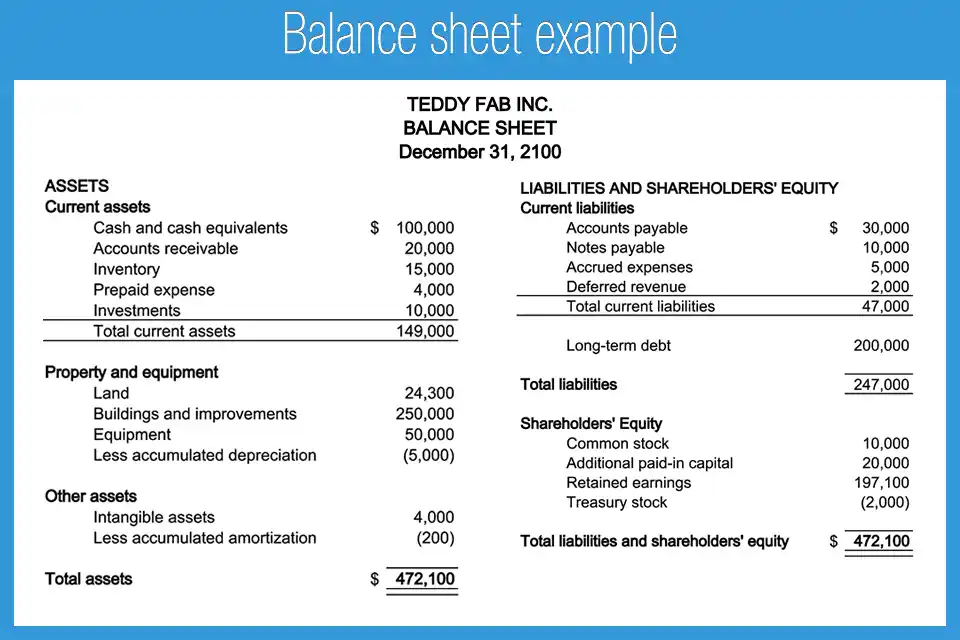Accounting in the modern business environment is no longer a matter of adding up numbers and paying taxes. It has become an effective strategic instrument that enables decision-making, mitigates risks, enhances cash flow, and leads to sustainable growth. Smart accounting can make or break a business, whether you have a startup or an established business trying to grow.
In this paper, I will discuss the role of modern accounting in business growth, including financial reporting and tax planning, risk management, and investor preparedness.
The Role of Accounting in Business Development and Expansion
Accounting is important at all the levels of business development. It is not merely about dealing with figures but it gives the knowledge and the framework to make the right decisions, minimize risks, and plot a long-term success. The following are the most important ways in which accounting contributes to the growth and expansion of businesses with confidence.
Accounting as a Strategic Partner in Decision Making
Accountants in the modern world are not just people who keep records but also assist business owners in making good decisions. Accountants can also give information about which products, services, or strategies are performing better through the analysis of financial information. They also monitor performance, inform investment priorities, and assist in setting realistic growth objectives.
By treating your accountant as a business advisor, you make decisions on facts, rather than guesses.
The Role of Accounting in Tax Planning of Growth
Taxes influence all business decisions such as staff recruitment and equipment purchases. Strategic tax planning assists companies to reduce their tax liability in ways that are legal and leaves them with more funds to reinvest.
Accountants locate deductions, credits and government incentives which business may not be aware of. They are also useful in scheduling of expenses and income to enhance tax efficiency, particularly at the expansion stages.
Accounting Assists in the Enhancement of Cash and Working Capital
Most companies expand at a very high rate and develop cash flow issues. Accounting prevents that. Accountants monitor the direction of money into and out of the business.
They facilitate faster collection, avoid unnecessary payment, and balance between inventory and receivables and payables. This keeps the cash around when you need it- to hire new staff, to market, or to expand.
Accounting Offers Proper Financial Accounting
Proper financial reporting indicates the state in which your business is and the direction it is taking. This is crucial to growth as these reports will enable you to know the profits, losses, cash flow, and stability.
The contemporary cloud-based accounting systems offer real-time reports, thus allowing businesses to make timely decisions when opportunities or challenges are presented.
Some of the significant reports are:
- Cash Flow Statements – indicate liquidity and the flow of money in your business
- Profit & Loss Statements – reflect trends of revenue and costs
- Balance Sheets – reflect financial capacity and debt position
- Budget vs. Actual Reports – compare the plan to the reality and direct adjustments
Financial forecasting and planning are aided by accounting.
Expansion requires strategizing. Accountants assist in preparing financial projections and budgets to anticipate the future.
They also create various what-if scenarios, such as what happens in case there is a decline in sales or increase in costs so that the business is in a position to adjust. This kind of forecasting will enable you to make some bold decisions on whether to hire, expand or invest.
Accounting Can Assist You to Control Financial Risks
Expansion is risky- new markets, new expenses, or any unexpected changes in regulation. Professional accountants can help in this by assisting in identifying and mitigating these risks before they can turn into major issues.
They keep track of your financial well-being and provide measures to safeguard your business, including reducing expenditure in low-performing sectors or developing contingency funds when times are hard.
Accounting Ensures Adherence to the Changing Regulations
Regulations tend to become more complicated as your business expands. Be it taxes, payroll regulations or financial reporting, compliance errors can be expensive.
Accountants keep pace with emerging regulations and make sure your business is in compliance-so you do not get fines, penalties, or delays that would disrupt growth.
Accounting is a Major Part of Obtaining Financing
To attract money, whether it is banks, investors, or lenders, you need clean and accurate financials. The documentation that funders desire is prepared by accountants.
They also assist you:
- Prepare plausible financial forecasts
- Audit/due diligence preparation
- Keep financial records in a professional and organized manner
A decent accountant will up your chances of receiving funding on better terms.
KPIs help monitor business health with the help of accounting
Key performance indicators (KPIs) are figures that indicate the level of performance of your business. Accountants assist in establishing and monitoring these indicators to make you understand whether you are on the right track.
Some Examples
- Revenue Growth: Is your business increasing month by month?
- Profit Margins: Are you retaining sufficient of what you make?
- Cash Conversion Cycle: How fast do you convert inventory into cash?
Monitoring KPIs ensures that businesses can change strategies before issues escalate.
Investment and Resource Allocation is dictated by Accounting Guides
Be it the purchase of new equipment, the hiring of people, or the development of new markets, any decision necessitates investment. Accountants assist in the analysis of the investments as to whether they will really pay.
They estimate ROI (return on investment), break-even points, and payback periods, so that business owners will have confidence in the decisions they make with numbers to support them.
Financial Strategy Industry Specific Accounting Enables
Various industries require different accounting services. For example:
- SaaS and tech companies require assistance with IP valuation and subscription revenue recognition.
- Project-based cost tracking and time-based billing are used to run service-based businesses.
- Industry-specific accountants are useful in customizing strategies adapted to your business model and growth objectives.
Accounting Allows Small Business to Grow Like Large Ones
One of the most popular myths is that small business does not require professional accounting. The truth is that effective financial management in the early stages of the business will enable small businesses to grow quicker and smarter.
Under high-quality accounting, small businesses are able to:
- Control costs
- Plan growth
- Enhance investor trust
- Prevent financial shocks
- It is not size, but it is readiness.
Final Thoughts
Accounting is no longer a back-office function, it is a business growth driver. Whether it is cash flow management or investment planning, accountants can make businesses of every size plan smarter, adapt faster, and grow stronger. Accounting is not an afterthought, especially when you are serious about scaling your business. Use it as an instrument of clarity, strategy and long-term success. Team up with The Finance Focus to transform your financial data into smart decisions that lead to true growth.









